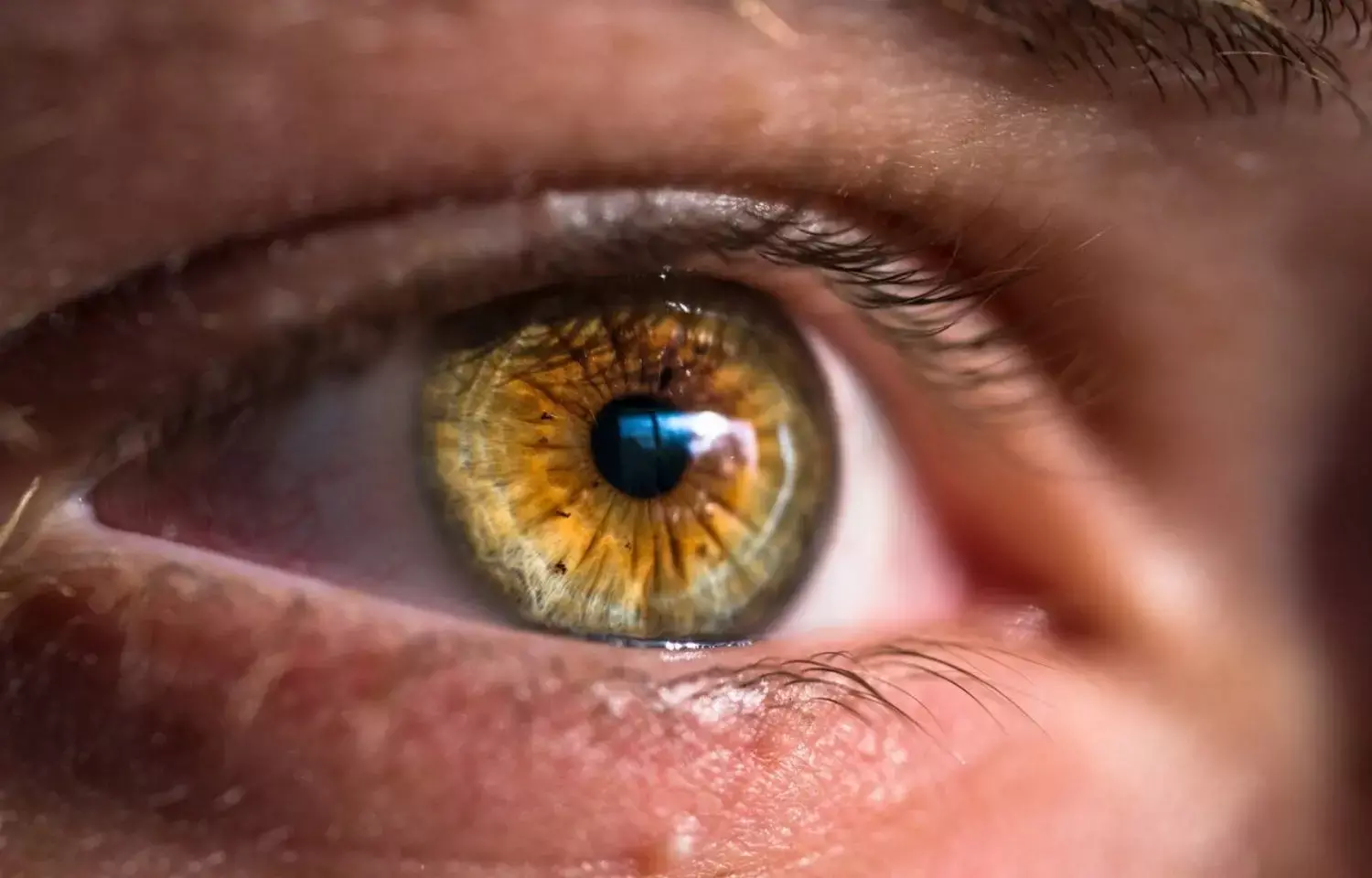- Home
- Medical news & Guidelines
- Anesthesiology
- Cardiology and CTVS
- Critical Care
- Dentistry
- Dermatology
- Diabetes and Endocrinology
- ENT
- Gastroenterology
- Medicine
- Nephrology
- Neurology
- Obstretics-Gynaecology
- Oncology
- Ophthalmology
- Orthopaedics
- Pediatrics-Neonatology
- Psychiatry
- Pulmonology
- Radiology
- Surgery
- Urology
- Laboratory Medicine
- Diet
- Nursing
- Paramedical
- Physiotherapy
- Health news
- Fact Check
- Bone Health Fact Check
- Brain Health Fact Check
- Cancer Related Fact Check
- Child Care Fact Check
- Dental and oral health fact check
- Diabetes and metabolic health fact check
- Diet and Nutrition Fact Check
- Eye and ENT Care Fact Check
- Fitness fact check
- Gut health fact check
- Heart health fact check
- Kidney health fact check
- Medical education fact check
- Men's health fact check
- Respiratory fact check
- Skin and hair care fact check
- Vaccine and Immunization fact check
- Women's health fact check
- AYUSH
- State News
- Andaman and Nicobar Islands
- Andhra Pradesh
- Arunachal Pradesh
- Assam
- Bihar
- Chandigarh
- Chattisgarh
- Dadra and Nagar Haveli
- Daman and Diu
- Delhi
- Goa
- Gujarat
- Haryana
- Himachal Pradesh
- Jammu & Kashmir
- Jharkhand
- Karnataka
- Kerala
- Ladakh
- Lakshadweep
- Madhya Pradesh
- Maharashtra
- Manipur
- Meghalaya
- Mizoram
- Nagaland
- Odisha
- Puducherry
- Punjab
- Rajasthan
- Sikkim
- Tamil Nadu
- Telangana
- Tripura
- Uttar Pradesh
- Uttrakhand
- West Bengal
- Medical Education
- Industry
Multimodal imaging using AI may predict causative genes in inherited retinal diseases: Study

London, UK: Eye2Gene, an artificial intelligence (AI) algorithm, is capable of predicting 36 topmost genes associated with inherited retinal diseases (IRD) with an accuracy of more than 80 percent, reveals a recent study. The study findings were presented at the Association for Research in Vision and Ophthalmology (ARVO) Annual Meeting, held May 1 to 4 in Denver.
"Eye2Gene can eventually enable the democratization of IRD expertise which is currently available only in a few centers around the world," the researchers stated.
Inherited retinal diseases (IRDs) are single-gene disorders that occur due to genetic mutations in any one of over 270 genes. Identification of the causative gene via genetic testing is critical for gene targeted treatments, recruitment to clinical trials, prognosis, and family planning. However, phenotype-genotype recognition is required for the prescription and interpretation of genetic results that only a few IRD experts can provide.
Considering the above, Nikolas Pontikos, Moorfields Eye Hospital NHS Foundation Trust, London, UK, and colleagues aimed to develop Eye2Gene, an AI algorithm, to predict the probable IRD causative gene from the retinal scans of suspected IRD patients.
Training and testing of Eye2Gene were done on retinal scans in IRD patients with a known genetic diagnosis from Moorfields Eye Hospital (MEH). After quality control, the MEH training dataset consisted of 44,817 images from 1,907 IRD patients from MEH, covering 3 modalities: Fundus Auto-Flourescence (FAF), Infrared (IR), and Spectral-Domain Optical Coherence Tomography (SD-OCT).
For each of the 3 modalities, training of five distinct InceptionV3 convolutional neural networks (CNNs) was done on different subsets of the training data through the use of 5-fold cross-validation to identify up to 36 genes classes. This led to Eye2Gene, an ensemble of 15 CNNs. The assessment of generalizability was done on a held-out dataset consisting of 264 patients from MEH and an external cohort of 37 patients from the University Hospital of Bonn (UHB). A subset of 50 FAF scans was evaluated by 8 ophthalmologists to benchmark Eye2Gene against human performance.
The researchers found that Eye2Gene yields a top-5 accuracy of 88% in the MEH held-out dataset and 83% in the external validation UHB dataset. Eye2Gene achieved a top-5 accuracy of 72% compared to 78% for ophthalmologists on the human benchmarking dataset.
To conclude, Eye2Gene is an AI algorithm capable of predicting the 36 topmost common IRD genes to a top-5 accuracy of >80%. The deep learning algorithm achieves performance similar to a consensus of human experts on an external dataset.
Dr Kamal Kant Kohli-MBBS, DTCD- a chest specialist with more than 30 years of practice and a flair for writing clinical articles, Dr Kamal Kant Kohli joined Medical Dialogues as a Chief Editor of Medical News. Besides writing articles, as an editor, he proofreads and verifies all the medical content published on Medical Dialogues including those coming from journals, studies,medical conferences,guidelines etc. Email: drkohli@medicaldialogues.in. Contact no. 011-43720751


